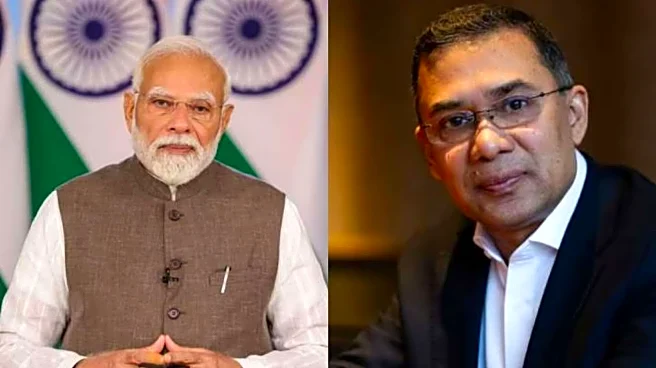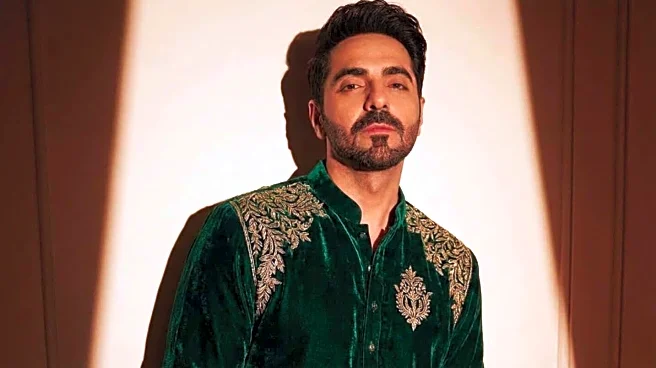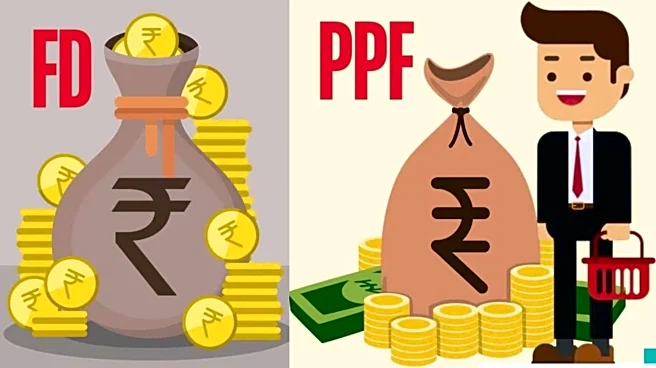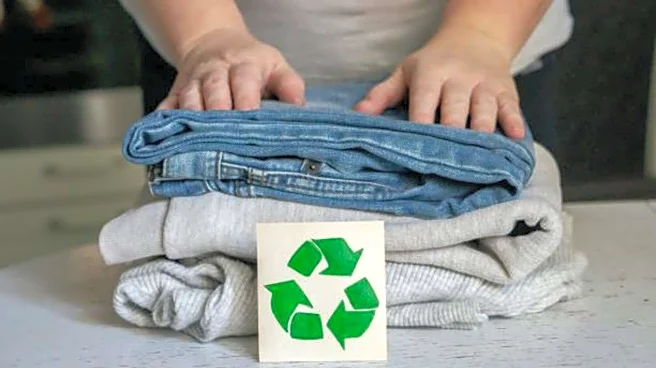Speaking at a Kremlin meeting, Putin emphasized that Russia is "not interested in further tensions or in triggering an arms race," and framed the offer as a gesture aimed at maintaining stability in the global strategic balance.
The New START treaty, signed in 2010 by the U.S. and Russia, restricts the number of deployed strategic nuclear warheads to 1,550 and limits intercontinental delivery systems such as missiles, submarines and bombers. It also includes data exchanges and inspections to ensure compliance. The agreement is set to expire on February 5, 2026, with no successor yet in place.
Putin’s proposal comes at a time when analysts warn of a possible renewed arms race if New START lapses without replacement. The Kremlin leader said Moscow's extension offer would preserve stability for at least another year and allow space for further talks, but stressed that reciprocity from Washington was essential.
The U.S. has previously said it is open to discussions on a new framework but has pressed Russia to resume full compliance with inspection and verification rules. With the Ukraine war straining diplomatic channels, negotiations on a successor treaty have stalled.
If Washington accepts the offer, it would prevent a sudden collapse of the last remaining US-Russia arms control pact and give negotiators breathing room to explore a broader deal that could cover emerging technologies such as hypersonic weapons and missile defense. If not, both sides could be free to expand their arsenals after 2026, raising the specter of a new nuclear build-up.
/images/ppid_59c68470-image-17585450303723398.webp)










/images/ppid_59c68470-image-177098254670211340.webp)
/images/ppid_59c68470-image-177098259278152467.webp)